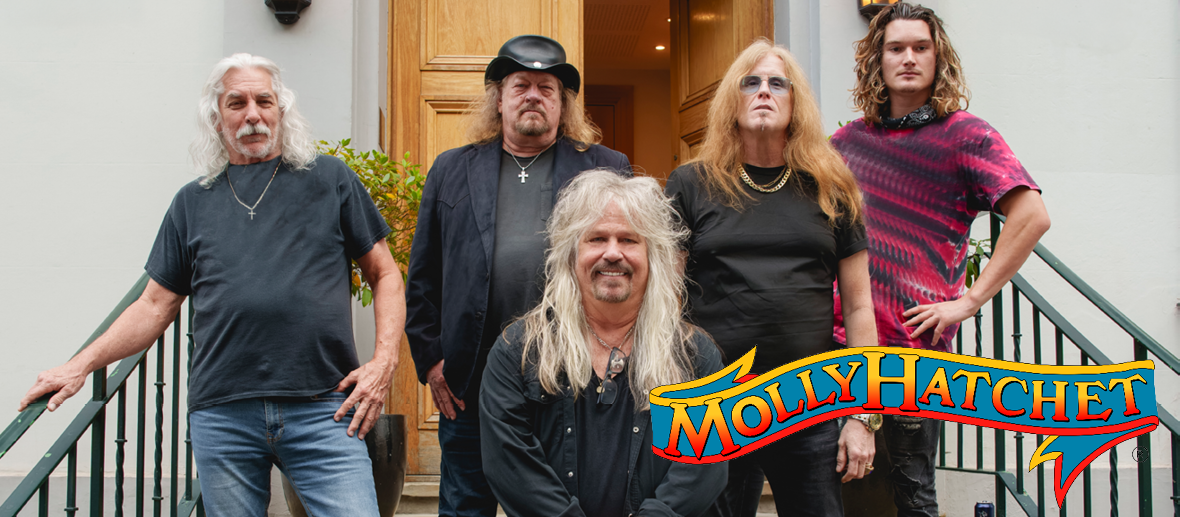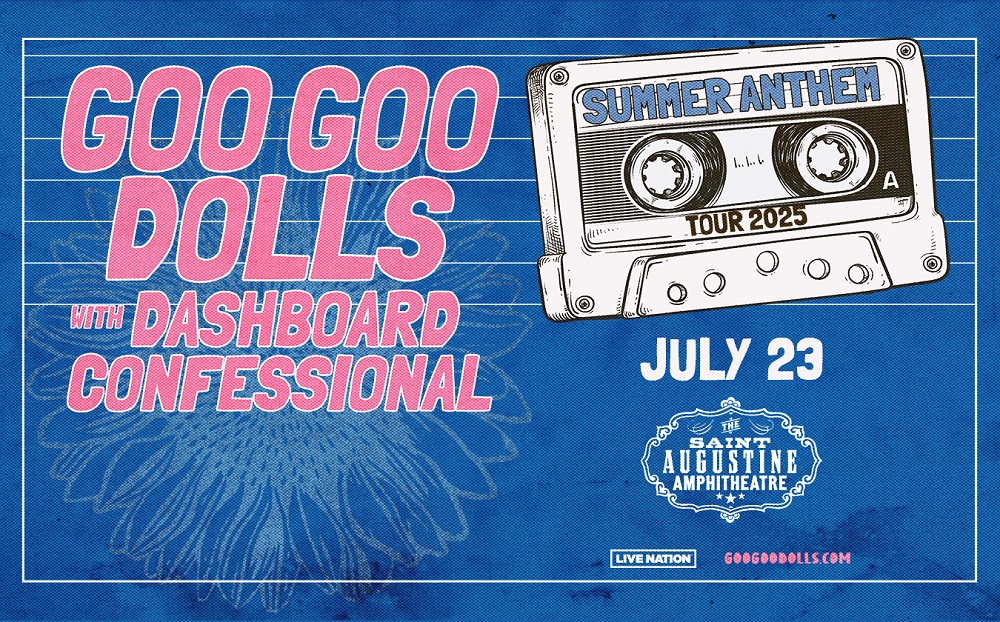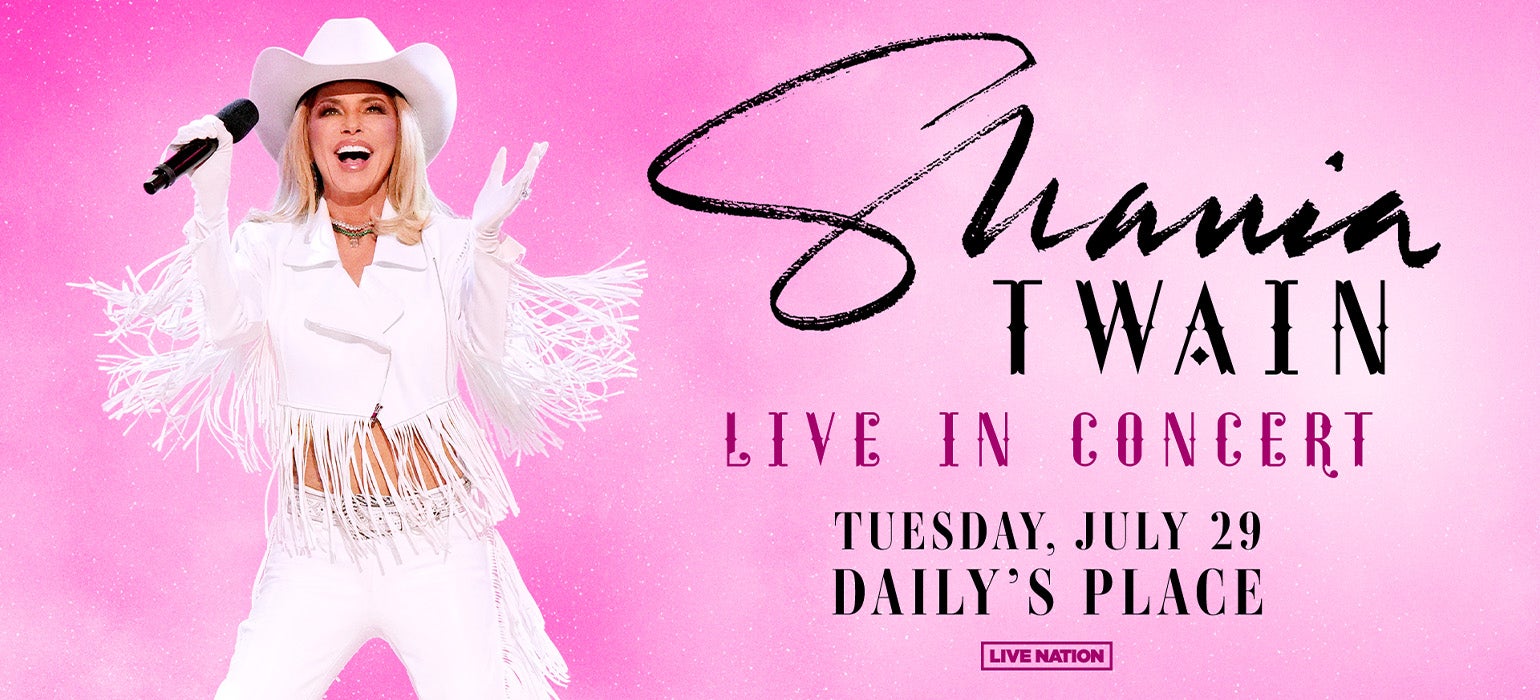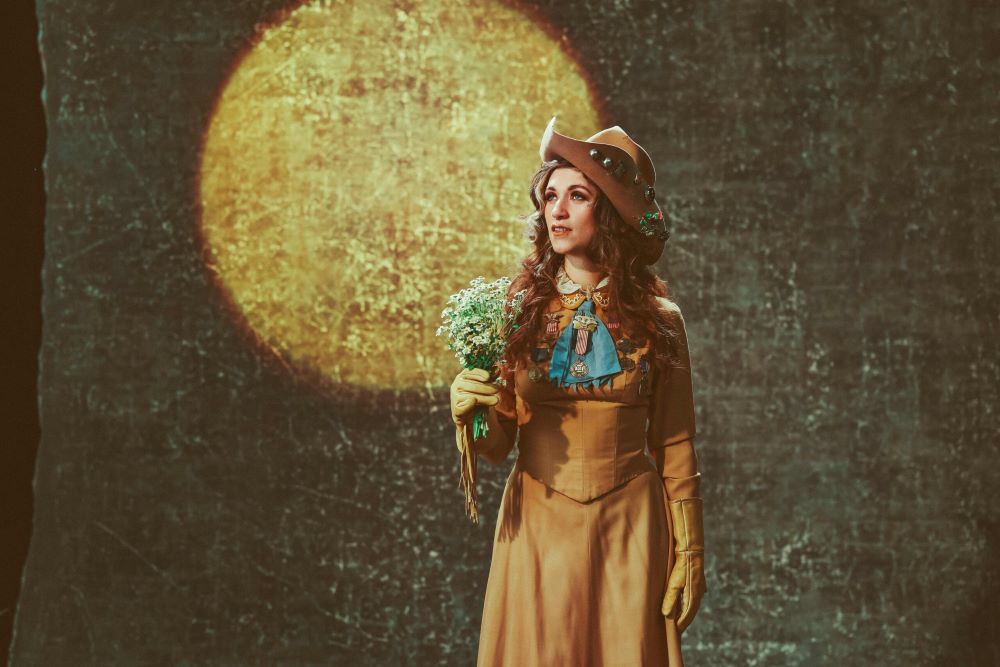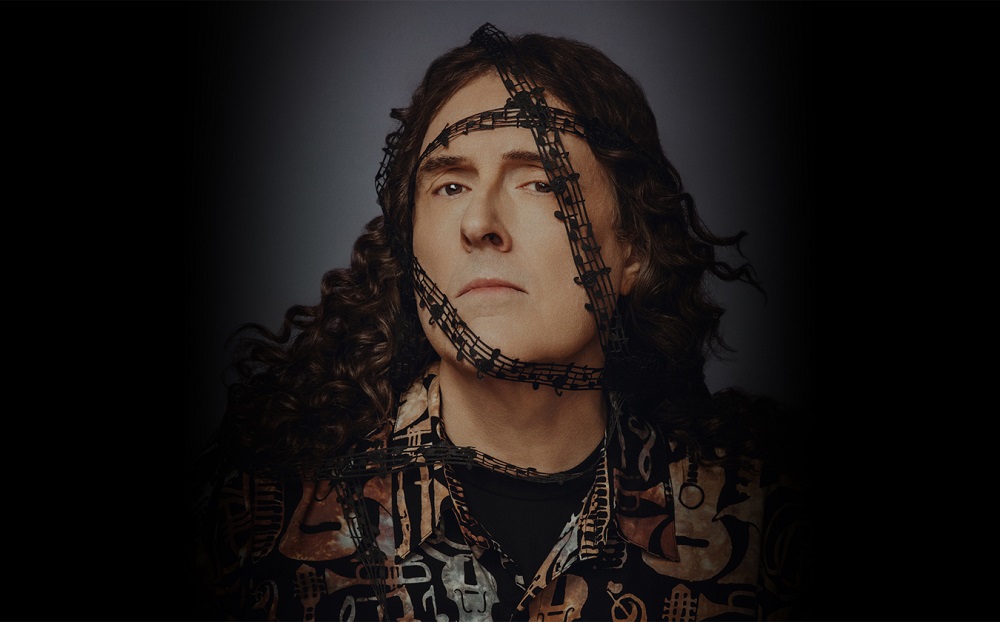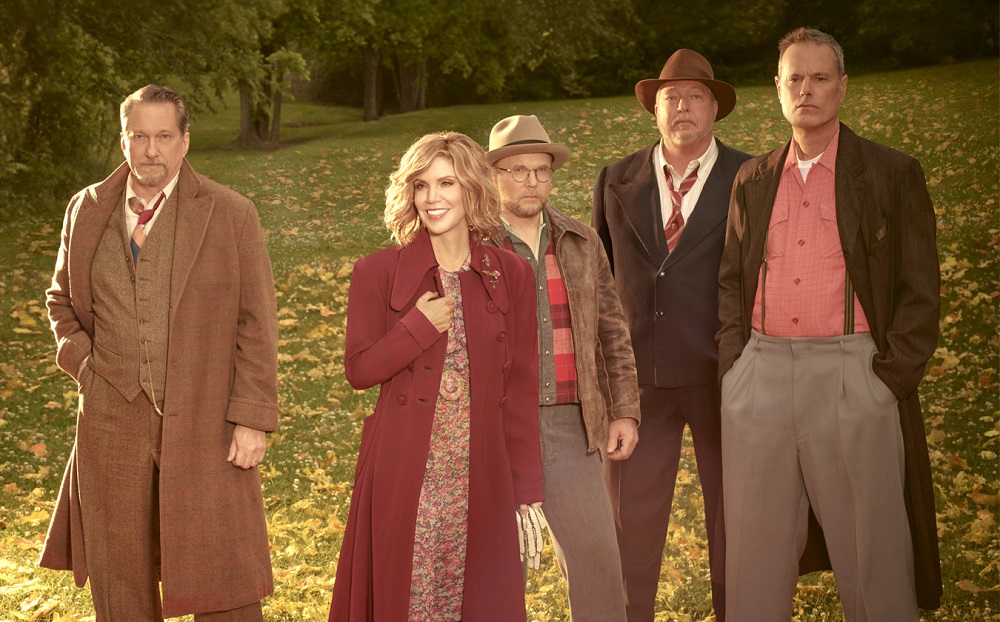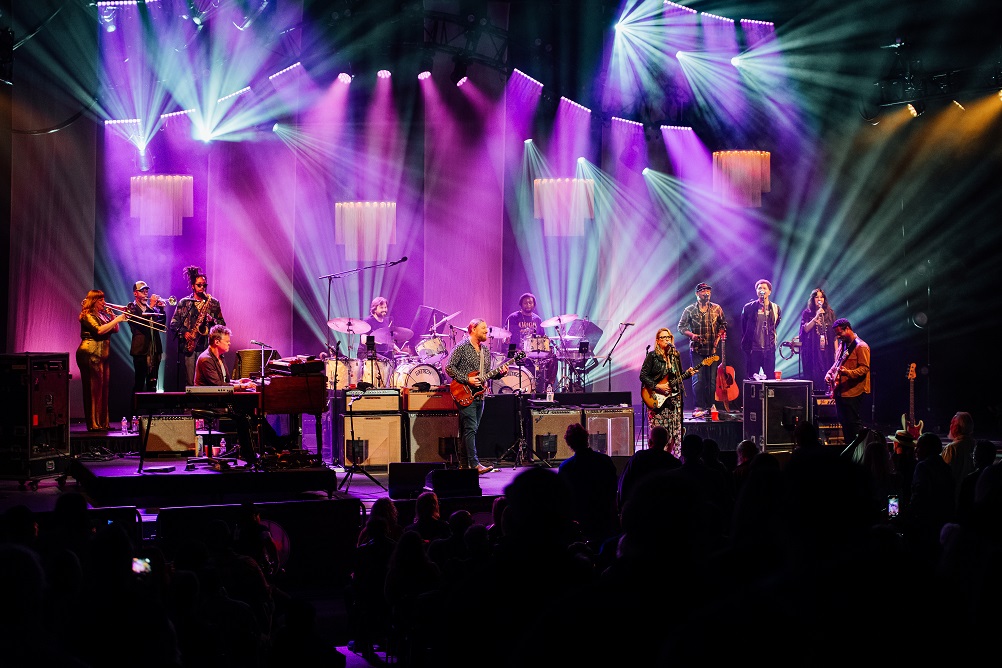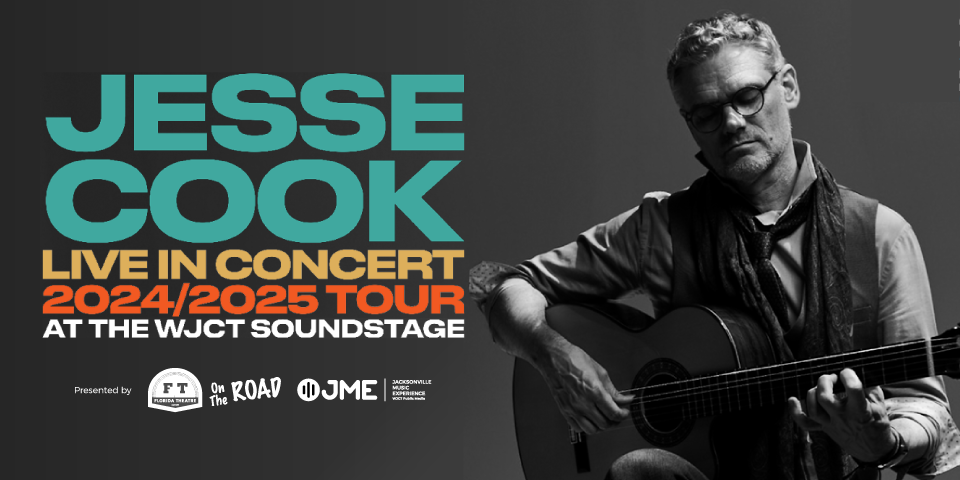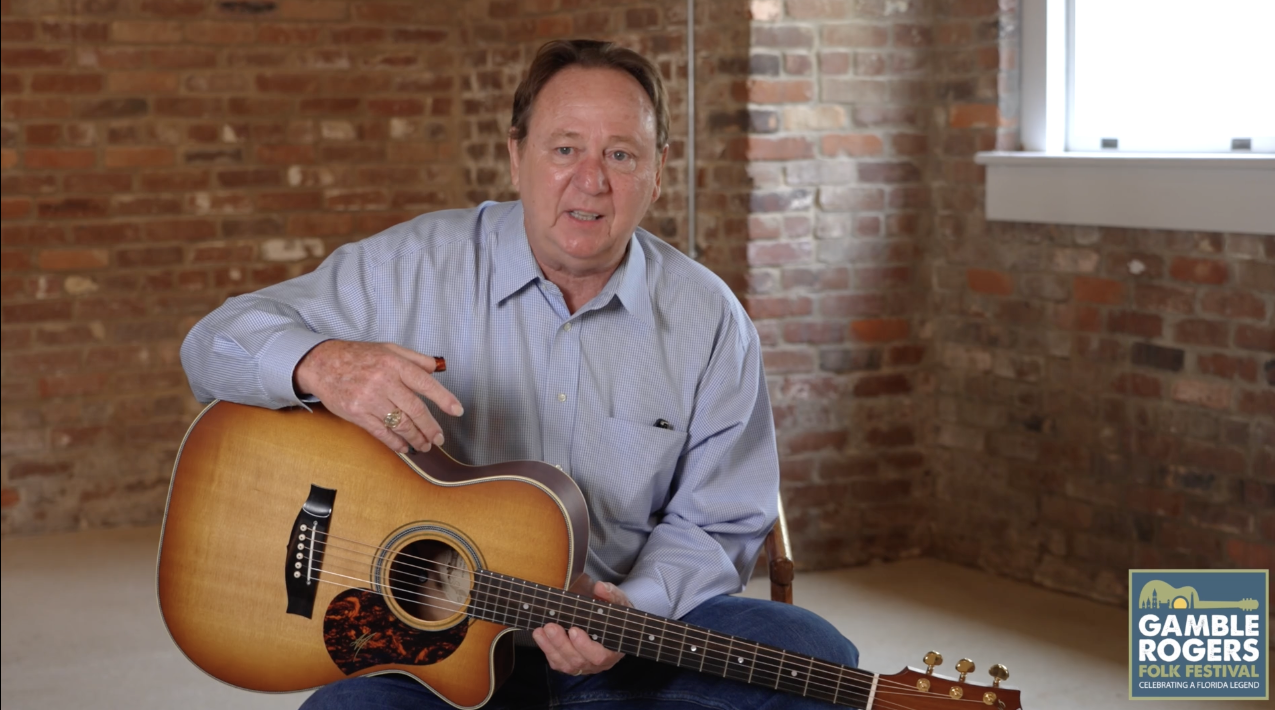
Consider it a low-key utopia. Held at the St. Johns County Fairgrounds, the 28th annual Gamble Rogers Folk Festival is a three-day micro-community of old and young musicians, music lovers of varied stripes, families, neo-hippies or just curious tourists savvy enough to get really local.
From Friday, April 12 through Sunday, April 14, more than 100 performers are featured on four stages. Highlighted performers include AJ Lee & Blue Summit, the John Jorgenson Quintet, Verlon Thompson, Jerron “Blind Boy” Paxton, Remedy Tree, The Krickets, Red & Christopher Henry & their All-Star Band, and Wyatt Ellis. The festival is as Florida as a sunburn, with on-site RV and primitive camping and a laid-back vibe that is a rootsy invocation of the arrival of Northeast Florida spring and certain warmer, humid days to come.
The namesake of the Gamble Rogers Folk Festival remains present in his absence. Gamble Rogers was a mercurial talent, emblematic of both the regional folk sensibility and a decidedly Southern countercultural flavor.
Rogers was a bridge between the old-guard of Florida folk music and ‘60s consciousness. A folk-singing raconteur of the highest order, over the course of his decades-long career the Winter Park native constructed a humorous mythos about the citizens of Oklawaha County, a fictitious place he inhabited, studied and celebrated through song and stories from the stage, ultimately culminating in his one-man show, Oklawaha County Laissez-Faire.
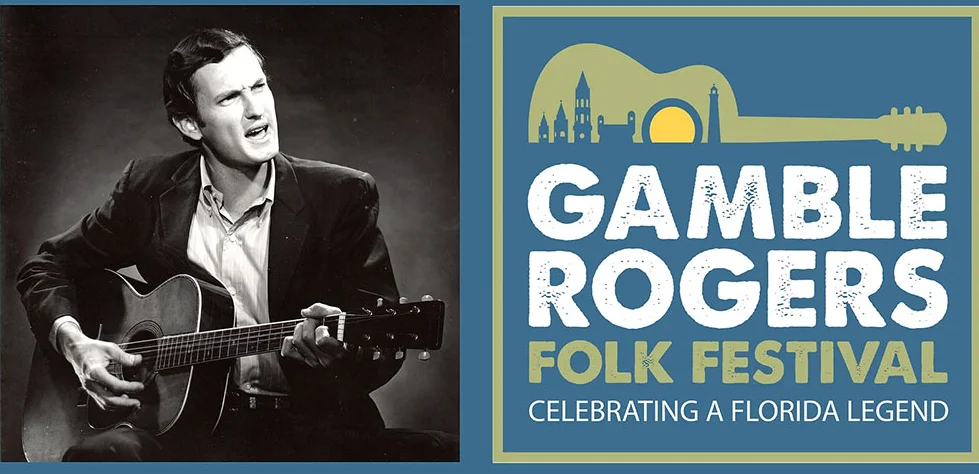
Rogers appeared on both the Ed Sullivan Show and The Tonight Show with Johnny Carson, was a mentor to a young Jimmy Buffett, performed at Carnegie Hall, and was a regular presence on NPR and PBS. These are all cursory credentials of a truly colorful life that ended in tragedy in 1991, when the then-54-year-old Rogers tried to save a drowning man at Flagler Beach. Those seeking to delve deeper into the Rogers story should read Bruce Horovitz’s award-winning 2018 biography, Gamble Rogers: A Troubadour’s Life.
Beginning in the 1960s and through the ‘70s, Rogers (a St. Augustine resident) held court at the Tradewinds Tropical Lounge. The still-thriving bar was a local watering hole that doubled as a venue for local and visiting singer-songwriters to perform and workshop material. A younger cadre of players, including Jim Carrick, Larry Mangum, Bob Patterson, and Charley Simmons, were Rogers’s friends and informal students.
“Gamble actually started the festival himself about 1988 or ‘89 with the help of some other friends. And it was called in the St. Augustine Folk Festival,” Carrick tells the Jacksonville Music Experience. A deft fingerstyle flat-picking guitarist and impressive singer-songwriter in his own right, Jim Carrick is also the President of the Gamble Rogers Folk Festival. “Well, that’s a fluffy title,” says Carrick, with a laugh. “I always would see if I could help for this cause since it’s always been in the forefront of my life, but somebody said ‘president’ and I didn’t get out of the room fast enough. But in reality, I just do whatever they tell me to do.”
Humility aside, Carrick’s certain skills as a musician, troubadour-leaning sensibility and longtime friendship with Rogers as a peer-confidante makes him arguably the ideal person to help bring a cohesive and no-nonsense aesthetic to the festival. Carrick has experienced, witnessed, cultivated and guided folk music for a half century and offers insight into the ebb and flow of this traditional music form.
“It’s something I’ve really looked at over the years as a folk singer myself. My folk singing endeavors really began with that ‘scary thing’ in the ‘60s: Bob Dylan, Peter, Paul and Mary, Paul Simon, etc. You could go anywhere into a little cafe with a guitar and work; when people would listen.”
In the early ‘70s this milieu continued, when Carrick became a journeyman player (the same era when he met Rogers) and many regional and international folk musicians earned some kind of living, or at least held an audience’s attention. Carrick cites disco music as a trend that moved folk music further out of the pop radar and into specialized listening rooms, while also arguably strengthening the folk-festival format, the latter concentrating the experience of the music over the course of days, played amongst a dedicated fanbase.
“The eighties were tough and the nineties were even tougher. Gamble and I talked about this. I remember most of our conversations because I wanted to know. I wanted his opinion or most anything that came up. We didn’t do anything without running it by Gamble. But he said, in his Faulknerian way, ‘Well, Jim, folk music is like a river.’ We talked about how it was popular in the ‘30s as well, with Woody Guthrie and Jimmie Rodgers and all that. And then it died out for a while when there with rock and roll then [folk] came back in the ‘60s. So Gamble said, ‘It’s like a river. It goes underground, and we shouldn’t be surprised when it resurfaces.’ So maybe that’s what we’re seeing now.”
Generalizations always aim low and fall short. But contemporary folk festivals seem to attract a certain kind of an audience. Folk music boasts more than a few interesting signifiers, most prominently a celebration of the oral tradition, the art of traditional storytelling propagated through time by often anonymous or “author-less” sources. The folk festival is a barefoot academic in cutoff jeans.
It also cultivates spontaneous jam sessions, a celebration of technical virtuosity. At the Gamble Rogers fest (and also the annual Florida Folk Festival in nearby White Springs, the mother of all statewide folk celebrations), featured musicians and attendees all seem to inexplicably carry an acoustic guitar, mandolin or a banjo. Musical skill is respected and the topflight players will gladly show curious players those very same licks during the ongoing folk-picking jams that seem to routinely occur on the festival grounds.
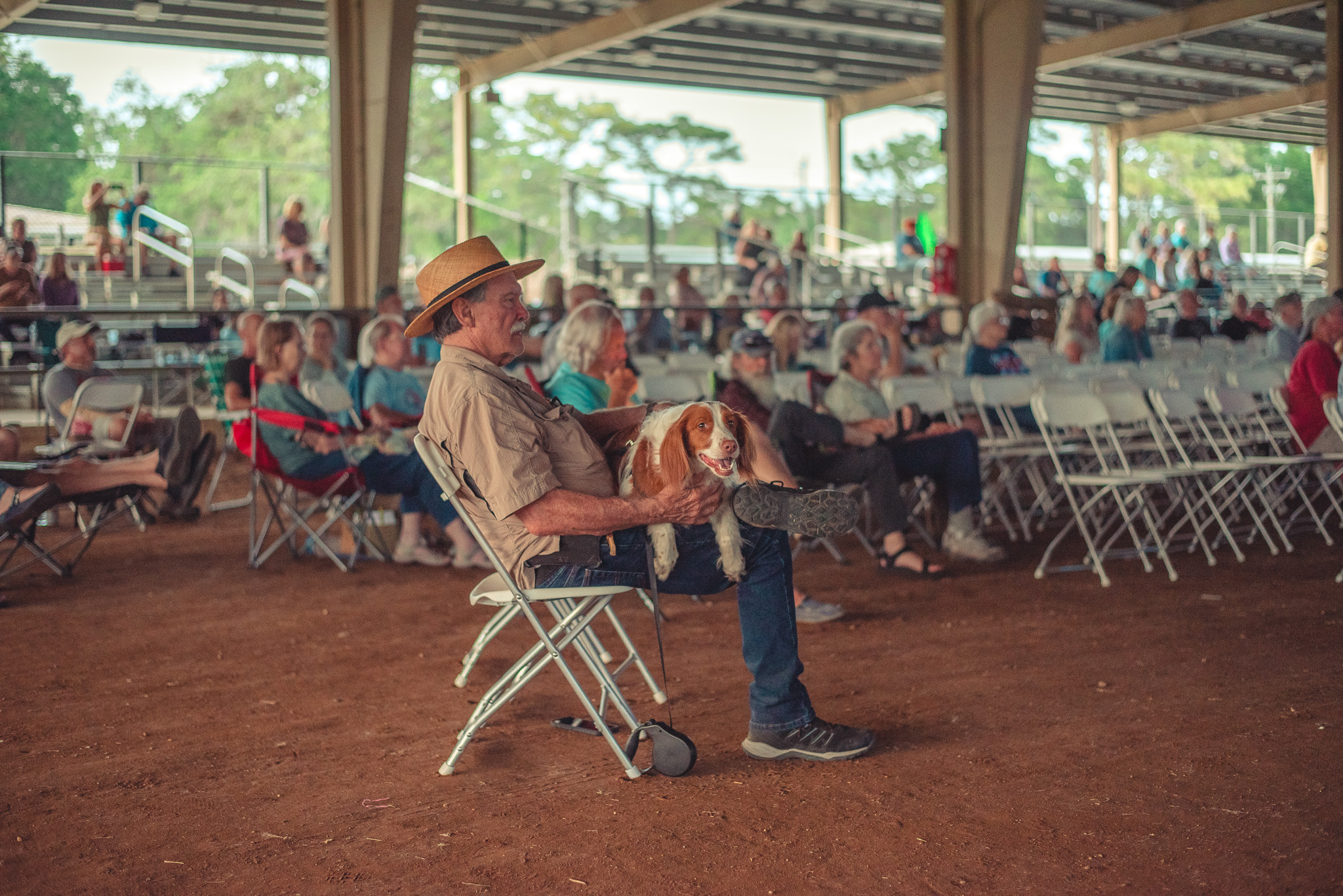
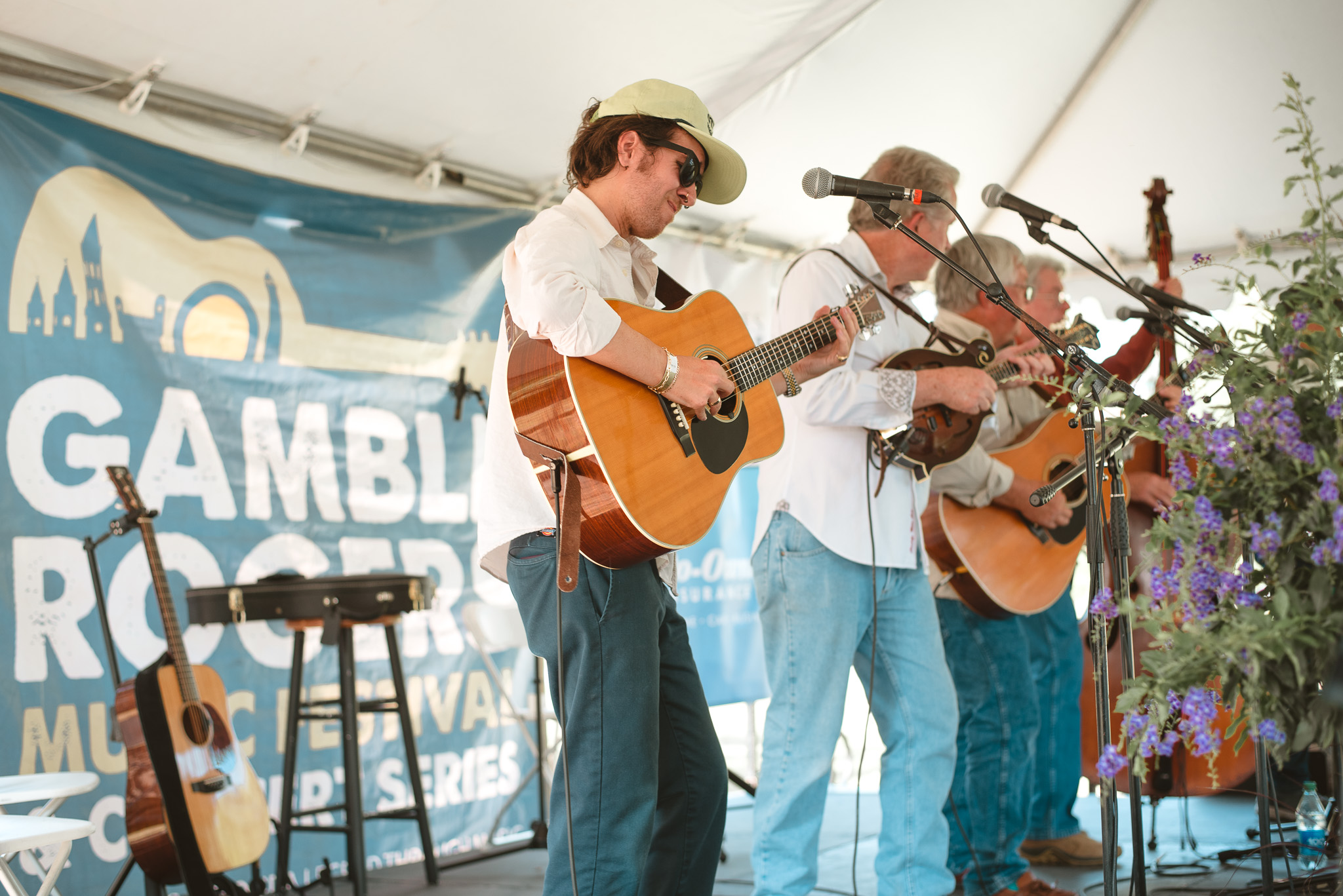
“I think modern performers have a lot more to work with from the very start. These young folks coming up today are way ahead of where we were.” says Carrick, citing his own early days of tracking down an actual copy of a song he might have heard once. “You know, sometimes if Gamble knew a certain song, I would follow him around to get it. But newer players now have access to downloads and videos, which are a tremendous learning tool.”
A festival highlight for Carrick each year is the new musicians appearing at the Youth Stage Showcase, a direct result of the festival’s aim to keep the tradition alive and well, while commemorating the life and music of Rogers: the ultimate mission of the Gamble Rogers Folk Festival and Concert Series, which is a 501(c)3 not-for-profit charitable organization. In fact, the Youth Stage Showcase is an extension of the organization’s monthly music workshops for students from local area schools “It’s being headed up by a couple of locals: Don Cooper, Tom Bledsoe and Lolly Rogers, Gamble’s daughter. The lineup this year is just fantastic. We’ve got young people who are coming out, and for some of them, it will be their first onstage performance.”
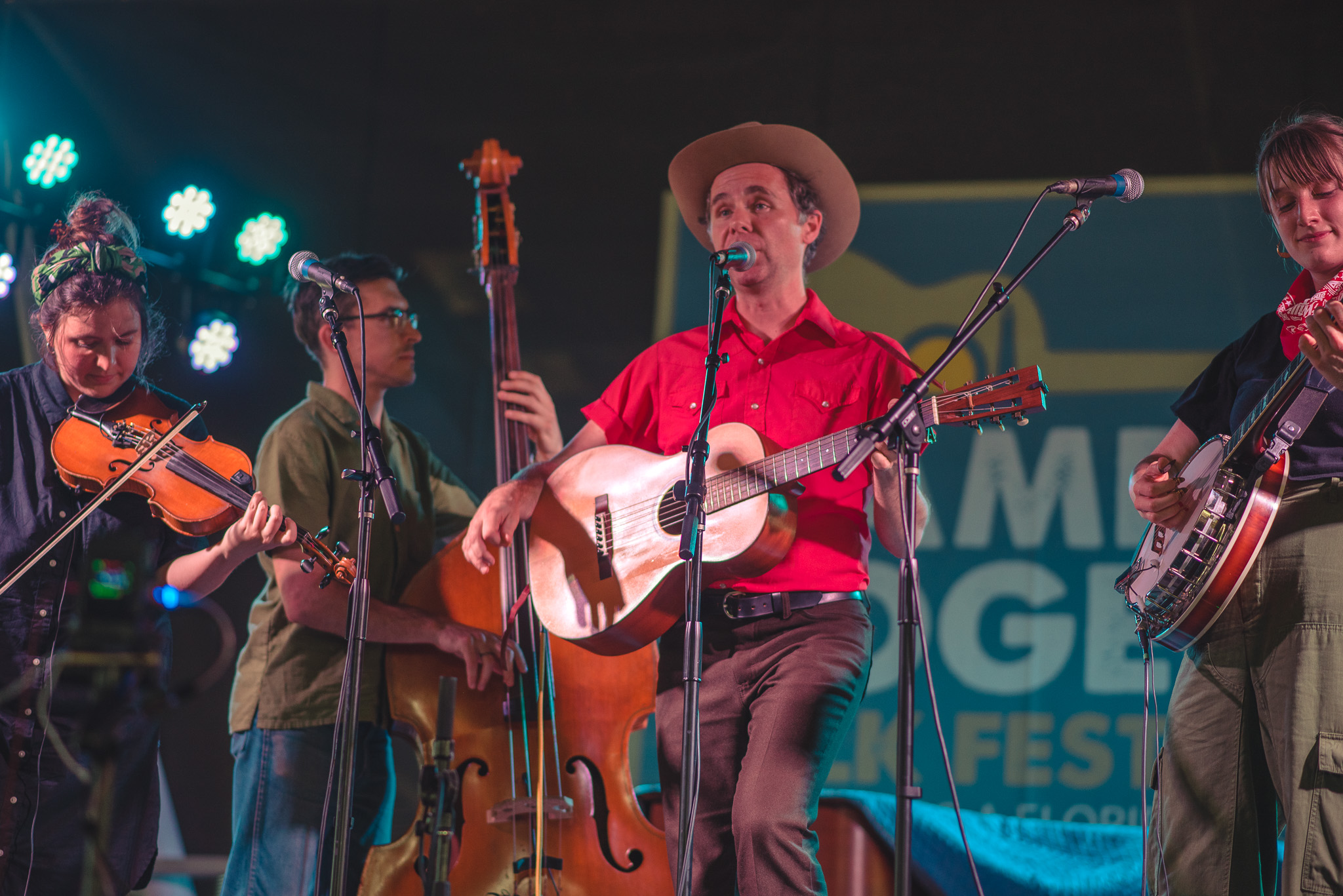
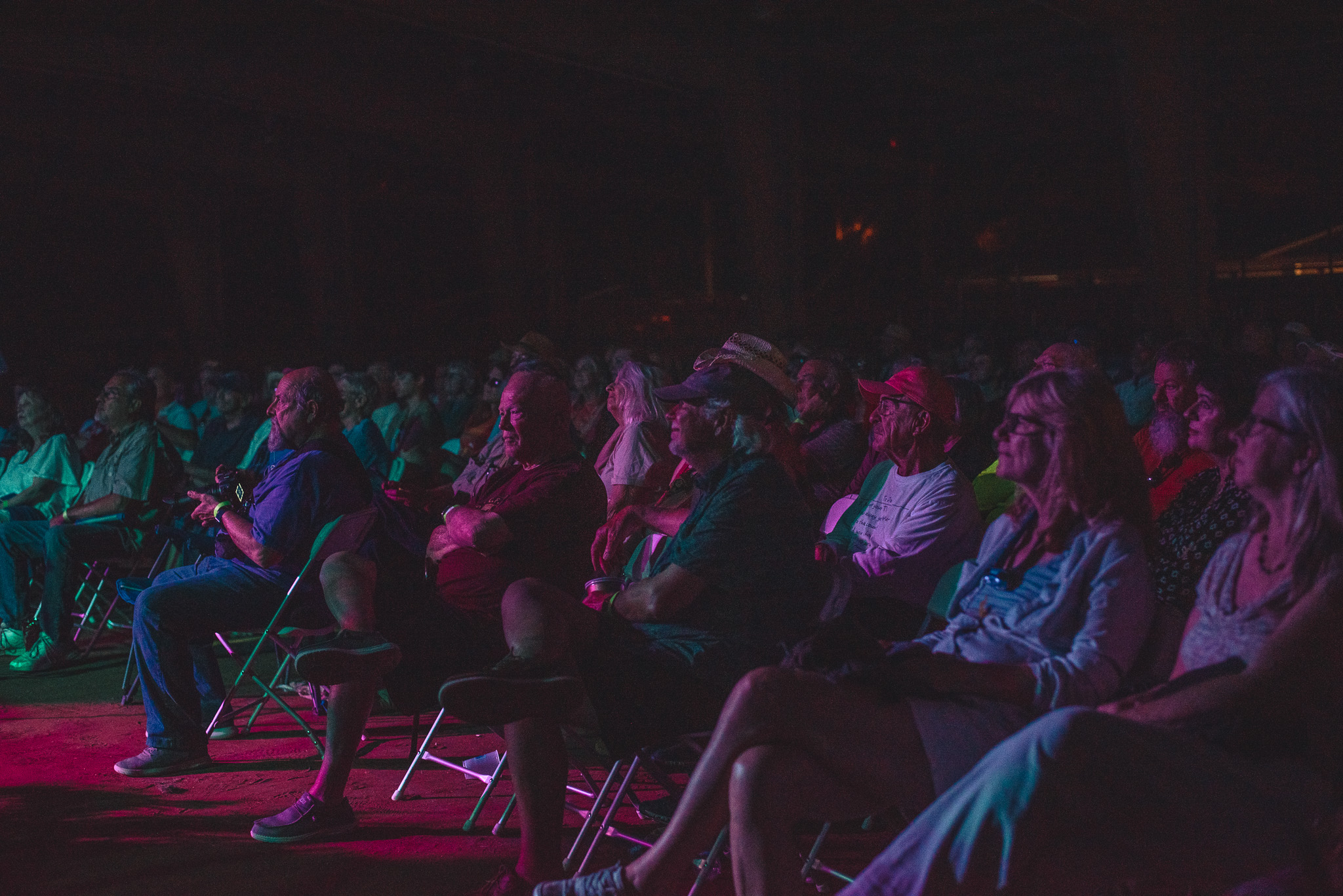
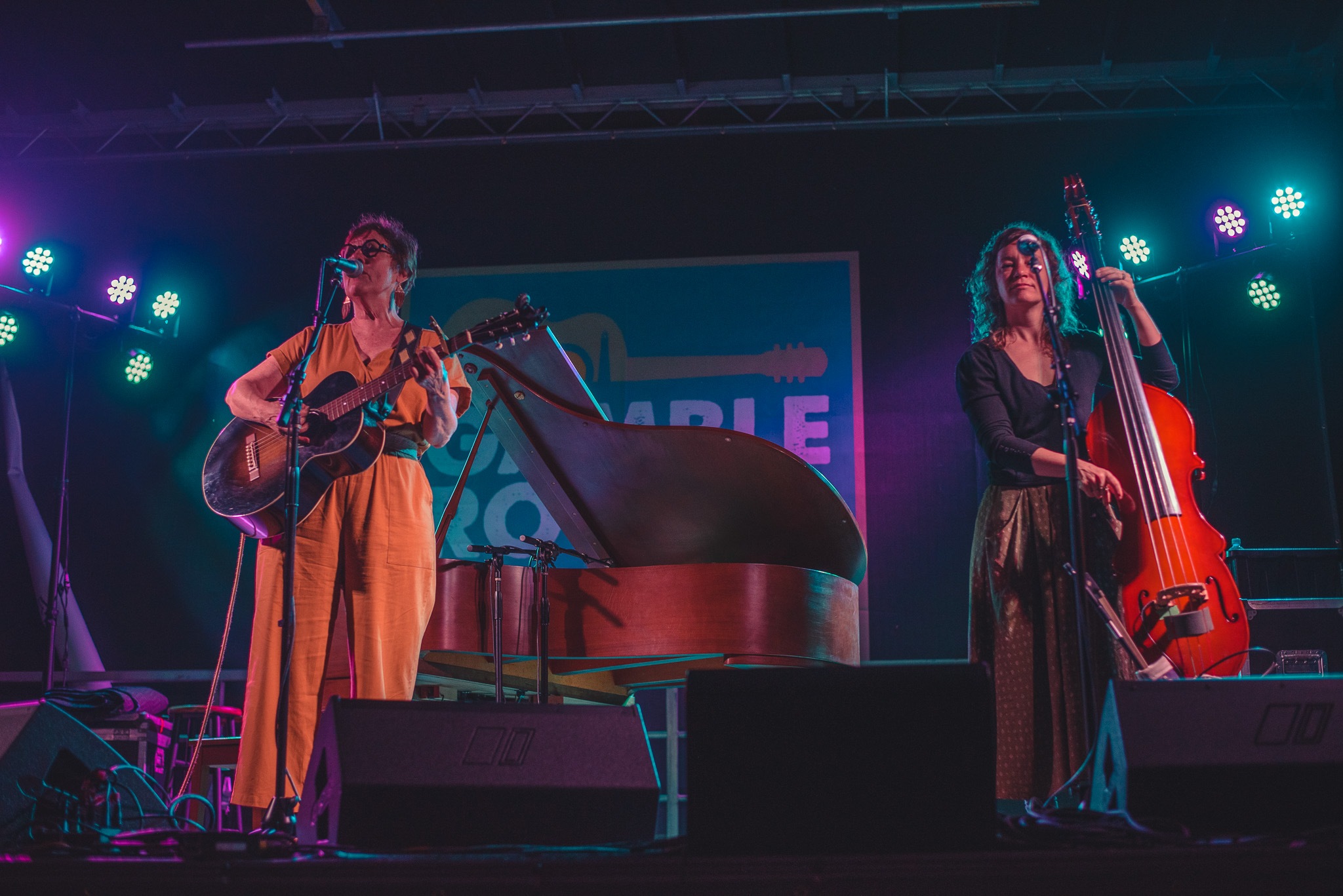
In total, 26 youth musicians are performing, including festival veteran Wyatt Ellis. Last year at the festival, Ellis performed with folk musician (and old Gamble Rogers cohort), Chris Henry. “Wyatt is all of 14 and just made his Grand Ole Opry debut. He’s on the Bluegrass charts. He’s a mandolin player primarily, but can play anything you hand him. We had him last year and this year we had to contact the William Morris Agency to book him!” says Carrick, with a laugh.
Over the course of the weekend, the fairgrounds will be turned into a pop-up village of players and fans. Along with the performances, the venue will feature workshops, artisans and craft vendors, food trucks and kid-geared activities. Yet Carrick believes the music, folk music with its fable-leaning narratives that can run jubilant, mournful, baleful and every emotion in between, spun out from players through a handful of chords, evokes his friend Gamble, and unifies the performers and audience in a unique and singular capacity.
“Merle Travis described how music is something that came up out of the ground that you couldn’t invent. And a lot of songwriters will describe their experiences like that: ‘I don’t know where the song came from, but it just came through me.’ And anyone who’s performed on stage will have this experience. We have an almost, I hate to use the word, ‘spiritual,’ but it’s about the only way to describe the connection that we get with an audience. And we experience a very personal connection with those people while we’re performing and you became really aware of that when it happens. It’s a remarkable thing.”
The 28th Annual Gamble Rogers Folk Festival is held from Friday, April 12 through Sunday, April 14 at the St. Johns County Fairgrounds, 5840 SR-207, in Elkton, Florida. Daily tickets, three-day passes, and on-site camping tickets are available here.
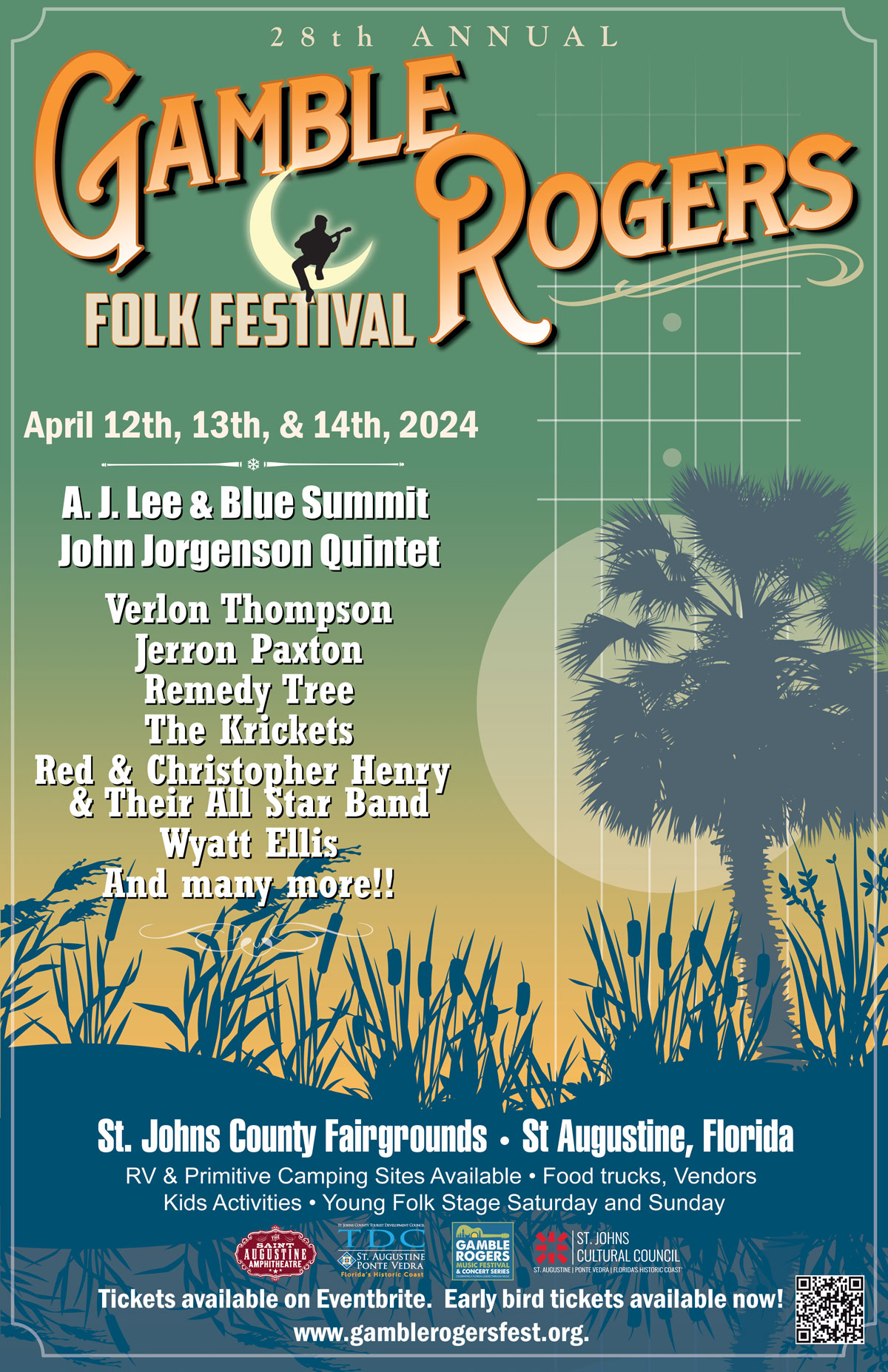

Mr. Al Pete and Notsucal Release Their Latest Collab, ‘G4.5’

Dinner Party, Tom Misch and More from the Neighborhood with Mr. Al Pete

An Ultra-Chill Playlist from the Latest Episode of Electro Lounge

Sing Out Loud Festival Returns With Hozier, Beabadoobee, Father John Misty, Vance Joy and More

Chicago Alt-Country Faves Wilco Return to St. Augustine with Indie-Folk Great Waxahatchee

Looking for an Alternative to Spotify? Consider Hopping on the band(camp) Wagon

Khruangbin to Bring ‘A LA SALA’ Tour to St. Augustine in April

Perfume Genius, Flipturn, Tamino + Mitski and 6 New Songs to Stream

Song of the Day | “all tied up” by Glixen

Lucy Dacus, Babe Rainbow, Pigeon Pit and 7 New Songs to Stream
JME Live Music Calendar
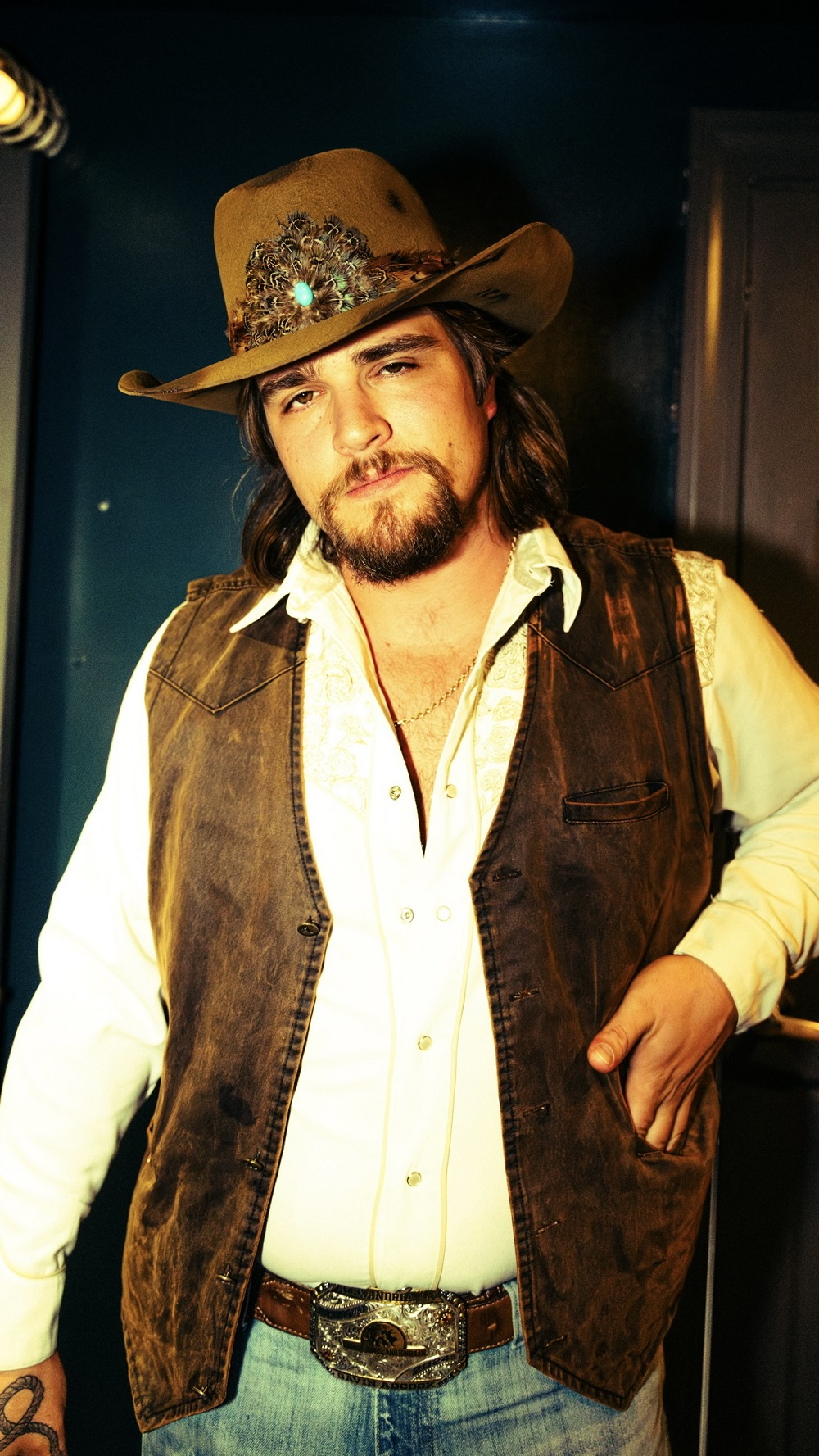
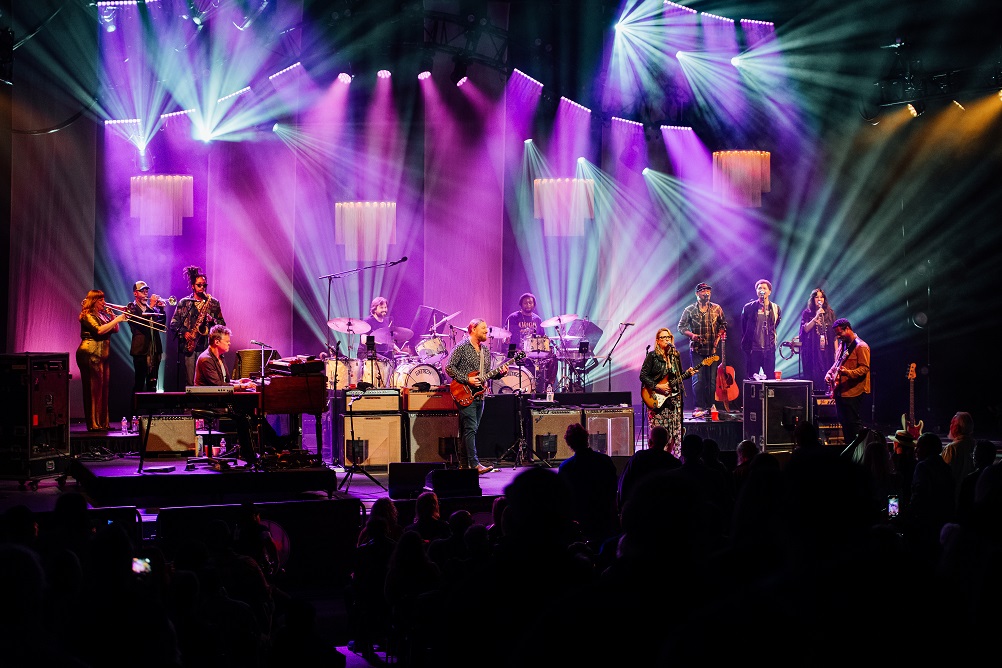
Want more live music? We got you…



